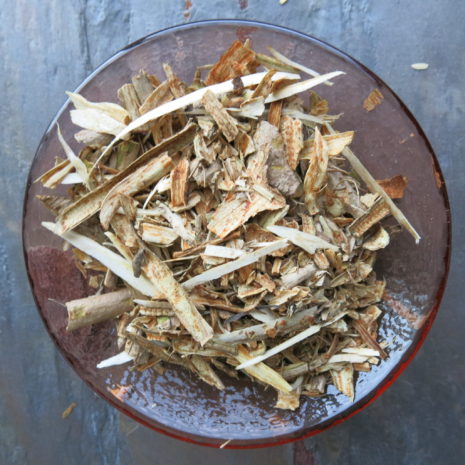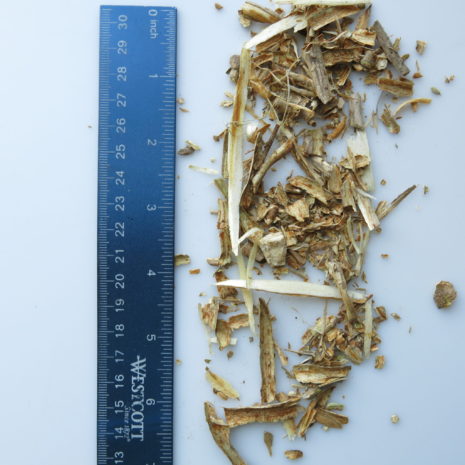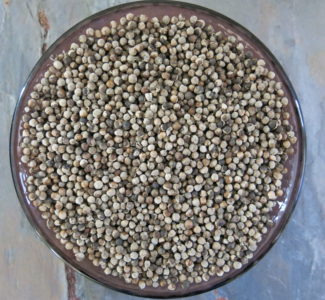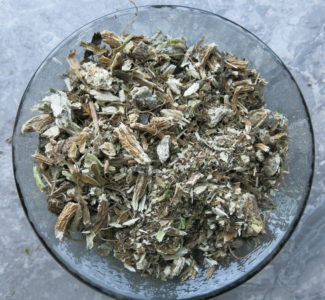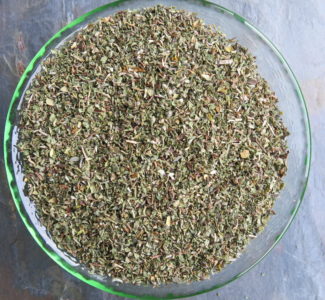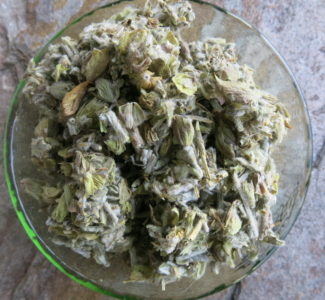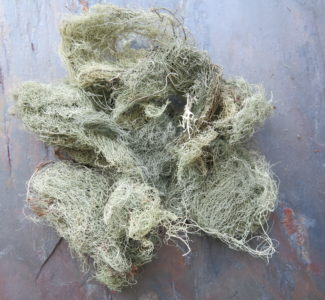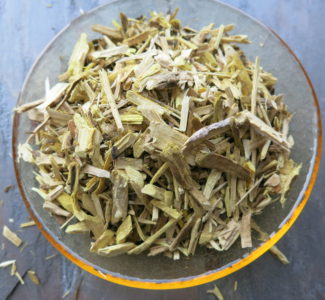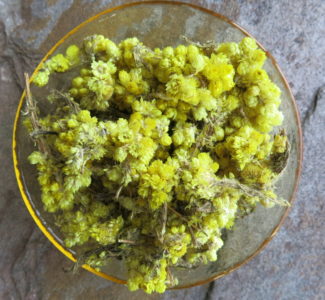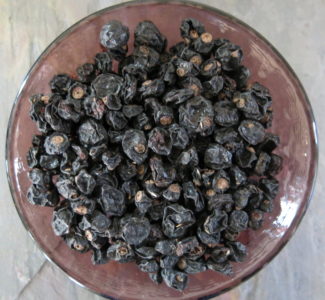Description
Product
Dried Devil's Club Root Bark Slivers
0.7 oz fills one standard measuring cup
Botany
Genus: Oplopanax
Species: horridus
Family: Araliaceae
Product Origin
Oregon, USA
Wild harvested in Oregon by collectors with decades of experience in properly identifying, collecting, drying and processing wild plants.
The permitted harvests are done in full compliance with all USDA Forest Service collection rules and regulations.
Collected and sold in small quantities only.
Uses
Devil's Club, also known as Alaskan Ginseng, or Devil's walking stick, has been used by indigenious North American cultures for a wide range of applications, ranging from practical uses, such as making fish hooks, or charcoal for tatoo ink, to body care uses, such as a treatment for lice, medicinal uses, such as fighting arthritis, and pneumonia, as well as spiritual uses, such as connecting to the spiritual world, purification and cleansing, and combating witchcraft.
Oplopanax horridus has been one of the most used plants by First Nations.
In modern medicine the plant is currently being evaluated for it's anti-microbial, anti- fungal, anti-cancer and possible adaptogenic qualities.
The main medicinally active compounds in Devil's Club are polyynes, glycosides, polyenes and lignans.
Habitat
Devil's club can be found in well-drained forests from coastal Alaska southward and eastward to California, the Northern Rockies, with a disjunct population near northern Lake Superior. It is most abundant in Pacific Northwest old growth conifer forests.
The plant is covered is by prickly spines. Bears forage the red berries, and spread the seeds in their droppings. The established plant then spreads by clonal colonies. What appears as many plants on the surface might be a single plant.
Oplopanax horridus is a slow growing plant, and requires many years to produce seeds, thus it is sensitive to human impact.
Because of it's spines, and ecosystem requirements, it is typically not cultivated.
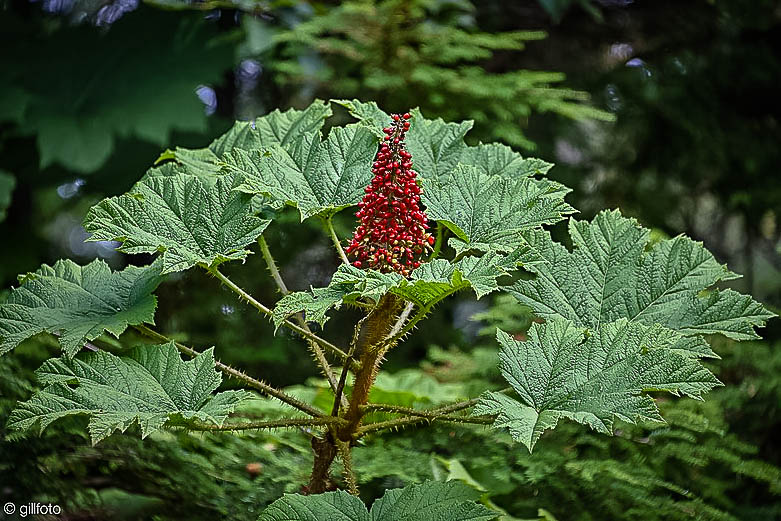
Precautions
This information has not been evaluated by the Food and Drug Administration.
This information is not intended to diagnose, treat, cure, or prevent any disease, and is not a replacement for professional health advice.
